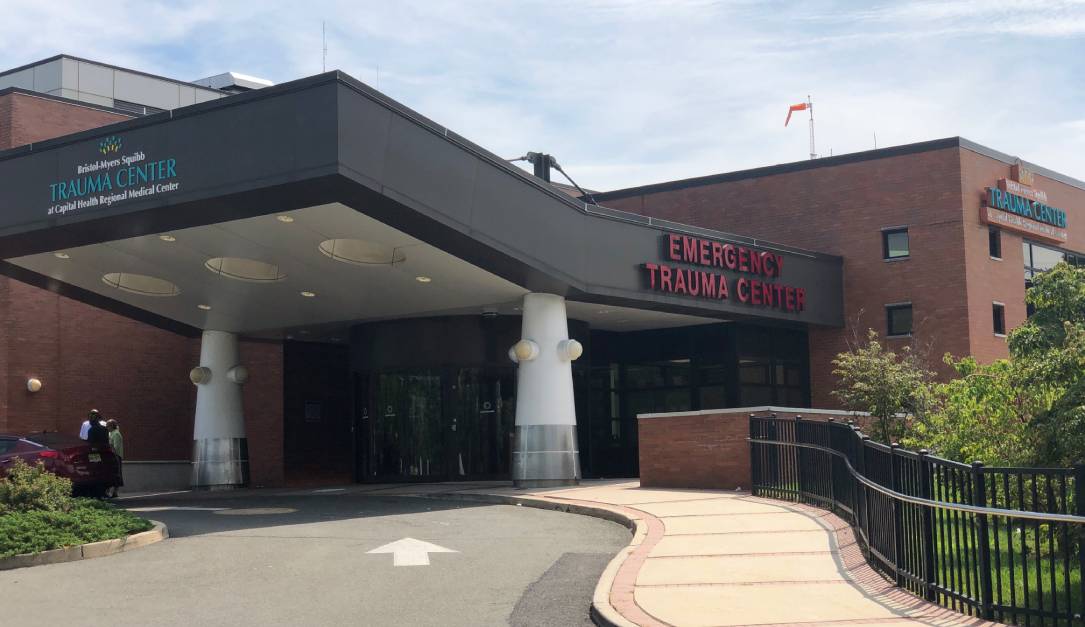Hospitals in New Jersey and Pennsylvania are facing the aftermath of cyberattacks this week following several similar incidents over the Thanksgiving holiday.
This week, Capital Health said it was experiencing network outages due to a cybersecurity incident. The company operates two hospitals – Trenton Regional Medical Center and Capital Health Medical Center in Hopewell – as well as several smaller healthcare facilities in the New Jersey and Pennsylvania area. The incident follows a separate attack on a healthcare provider that operates several hospitals in New Jersey, which forced it to turn away emergency vehicles.
“We continue to care for patients at both hospitals, including in our emergency rooms, offices and all other sites, under established protocols for system downtime if necessary. We are prioritizing safe patient care, while working to restore the network and address the impact of this disruption,” they said. said in a report.
“Upon becoming aware of the situation, we immediately notified the appropriate authorities and are working closely with law enforcement and third-party experts to address the situation quickly and safely.”
The company’s IT team said it was working to restore hospital systems and data, but noted its emergency rooms were still open to people needing care. Some elective surgeries have been postponed to later dates and outpatient radiology appointments are not available.
Neurophysiology and non-invasive cardiology tests will also be rescheduled and patients will be contacted for more information.
They don’t know when the issue will be resolved, but plan to “operate with system limitations for at least the next week.”
The attack on Capital Health comes days after Ardent Health Services – which also operates several hospitals in New Jersey – reported widespread problems due to a ransomware attack on its systems.
The attack on Ardent Health Services affected more than 30 hospitals across the country and forced several to divert ambulances from their emergency rooms.
Since 2020 and the start of the COVID-19 pandemic, ransomware gangs have made a point of targeting healthcare establishments because they are likely to pay exorbitant ransoms.
A study led by researchers at the University of Minnesota released in October found that ransomware incidents increased in-hospital mortality of patients admitted to attacked hospitals. Researchers estimate that between 2016 and 2021, between 42 and 67 Medicare patients died from outages caused by ransomware attacks.
![]()
“The true number of deaths caused by ransomware attacks is likely even higher when including patients with other types of health insurance coverage,” the researchers say. said in Stat News earlier this month.
“The morbidity effects of a ransomware attack (i.e. how delays in care worsen existing conditions) are still unknown. »
Recorded Future – the parent company of The Record – reported at least 19 ransomware attacks against healthcare facilities last month and a sharp increase in incidents throughout 2023.
Future saved
Intelligence cloud.
No previous articles
No new articles


